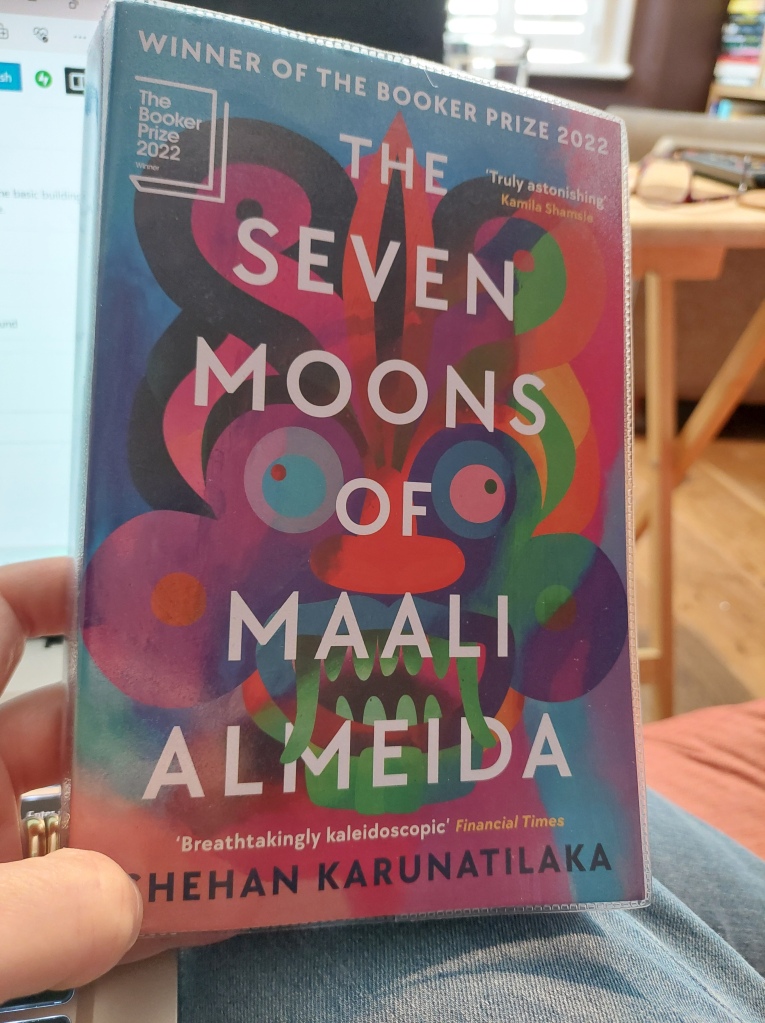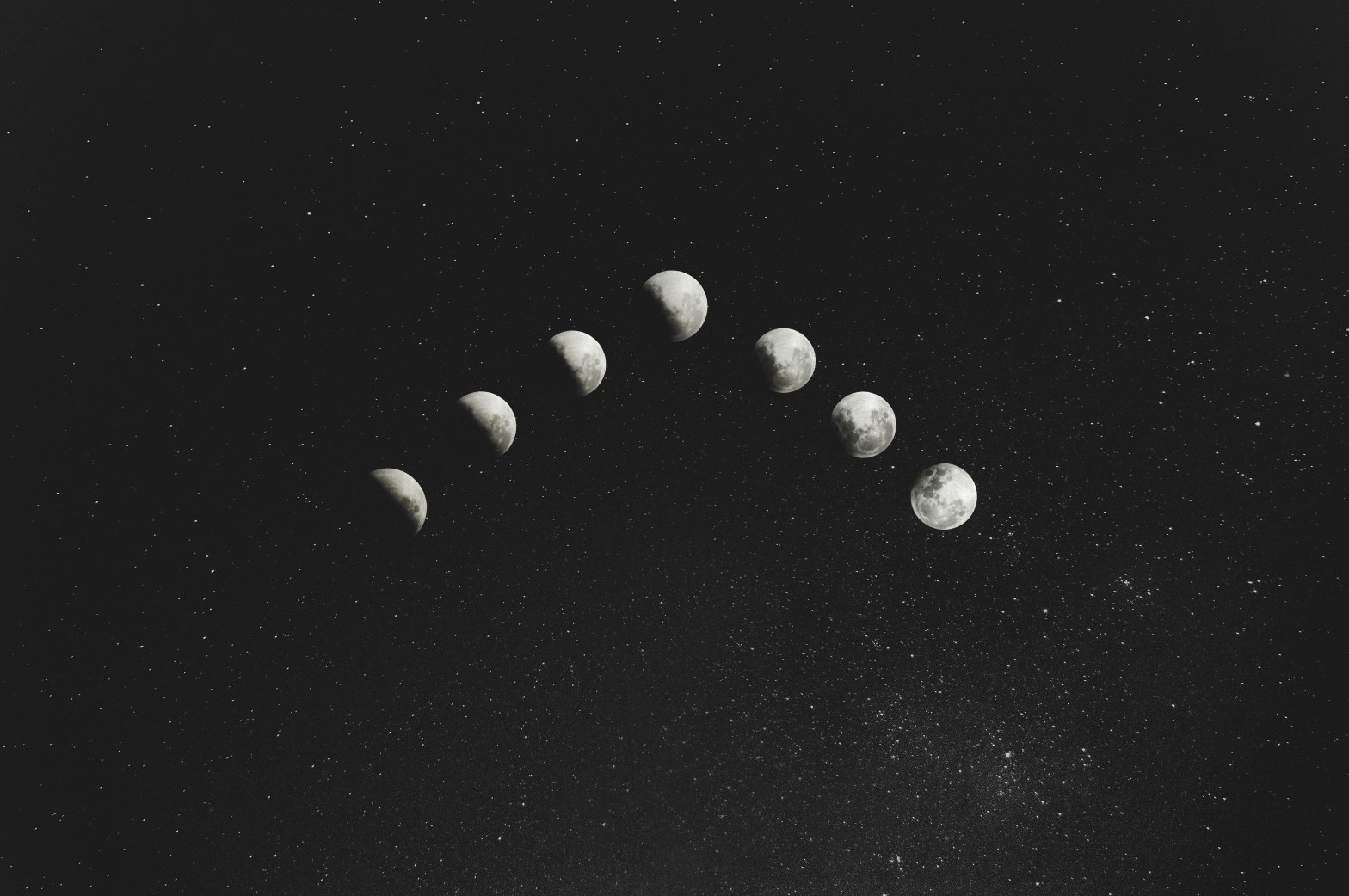The Seven Moons of Maali Almeida won the Booker Prize in 2022 and is a fantastically imaginative, often darkly humorous, beautifully written feat of politically-minded speculative fiction.
The books is set in the Sri Lankan capital Colombo in 1990, during the civil conflict. This is a world of violence, corruption and disappearances. Though the protagonist, Maali, is no longer part of it. He’s in the afterlife, a mash-up of petty inefficient bureaucracy and horror movie.
In life, Maali (“Photographer. Gambler. Slut.”) was a 35-year-old war photographer, a compulsive gambler, and a gay man with a proclivity for beautiful young guys. Until he was brutally murdered and dismembered. He can’t remember the circumstances of his death, and he’s told by the powers that be in the celestial waiting room that he has seven moons (ie days) in which to figure out who killed him, and why, and to make sure that his controversial secret stash of photos ends up in the right hands. This is definitely the first detective novel I’ve read where the deceased person is the investigator.
The character of Maali is very loosely inspired by the real case of a murdered journalist and closeted gay man, Richard de Zoysa. Maali has left behind a boyfriend, DD (loved but extensively cheated on), and a good female friend, Jaki, both of whom are also determined to find out what happened to him. Seven Moons also comes with a large extended cast of the living and non-living: corrupt politicians, errant family members, spooks and demons. Karunatilaka has a vivid turn of phrase: one character is described as having “a smile that molested a thousand interns“.
In places the book is extremely violent, and brutal in its descriptions of (sometimes real-life) atrocities. It is lightened by humour, which rather than feeling inappropriate instead made it possible for me to traverse the book without being overwhelmed by the horror. It would definitely be best avoided by some readers though.
On the cover of the paperback, The Times describes the book as a combo of Stranger Things and Salman Rushdie. This does the book a disservice: it’s more high culture than Stranger Things and I found it less arrogant and more readable than Salman Rushdie’s fiction (though I was gripped by his new memoir Knife). If I have a criticism it is that Seven Moons is perhaps a tad overlong, at just over 400 pages. I felt that the action sagged in the last one-third of the novel – although the ending was worth the wait.


Well done for getting through this, it sounds like a really tough read.
LikeLiked by 1 person